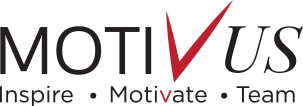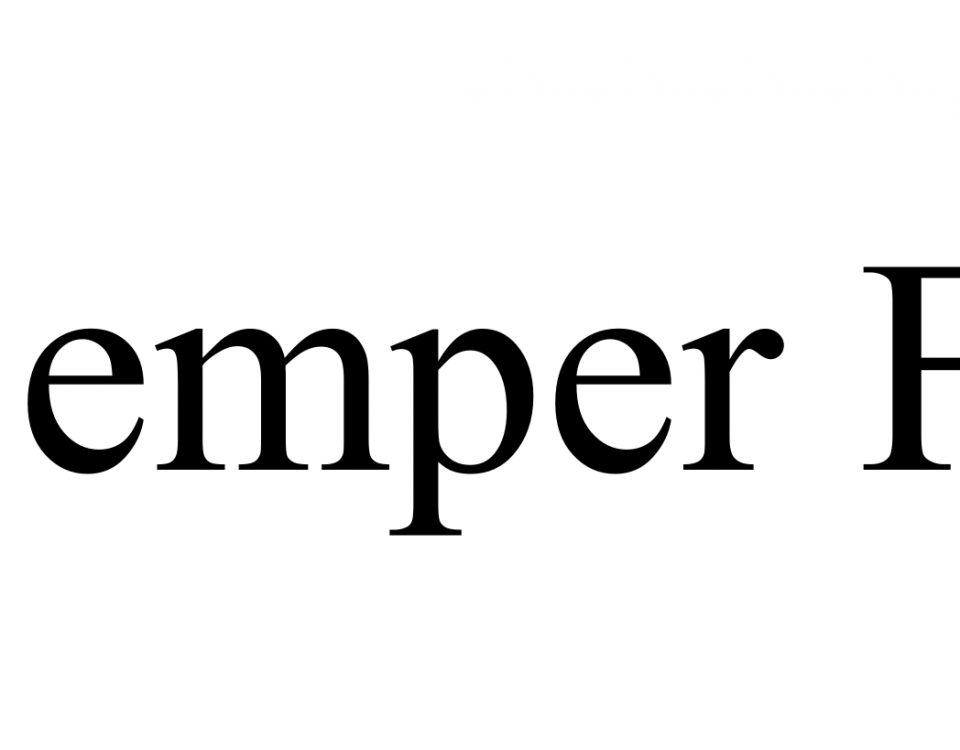You bring three characteristics to the job market: attitude, work ethic and intelligence. I sometimes compare these characteristics to a three-legged stool.
You have some of each.
How much?
How important is each?
Can you affect them?
Do you care?
My mom used to say that bad company will defeat good morals. She wanted me to have good influences. The most powerful influence on you is your own attitude. Your attitude determines your future.
I’m not sure how much you can control your attitude. I don’t have training in that and I feel that those who do are horrible at it. No group I’ve ever encountered needs more help than those practicing psychoanalysis. I used to have a big group, the American Psychoanalytic Association, at my hotel and they were, every attendee, bat-shit crazy. Absolutely horrible interpersonal skills. The wife has been a trauma-unit critical care nurse for more years than she’d like me to share. Her experience with psych docs is universally vapid.
Yet I think focusing your energies toward a positive can-do approach to everything merits effort. To be positive has a compounding effect on others, on those people in your orbit. Understanding all the blessings you have, most of which you may overlook, is so helpful in training your brain. You may need to train your brain to be positive. Train your brain to remember you are smart, loved, can learn, can walk, can smell a rose, can do anything you want. There are plenty of folks in hardened circumstances. You likely are not one of them.
Can you deliver a super abundance of good?
Does anyone you know do that?
I bet you can think of someone who does. Why not you? In twenty years, could you imagine a friend or colleague describing you as the most positive person he knows? How awesome would that be? Think of the super abundance of good you can do in your daily life.
I believe in eternal consequences. If I am correct, and I am sure I am, I matter. What I do matters. Ergo my attitude matters. You matter too. You are special; wonderfully and uniquely made. If you don’t have a good attitude, fix it.
Work ethic is the second leg of the stool and arguably the most susceptible to control. Strive to be a good son or mom or family member. Family is forever. Be the most loving person in your family. I know mom looks tough to top but try.
In your job, I have a magical solution to every work ethic lapse. That solution is “What More Can I Do?” Ask that constantly. What more can I do? Push. Move the ball. Be a hard worker. Allow some intensity to exist. Shape your language with others to be “what more can we do?”
“What more can I do?” supports my thesis that meaningful and long-lasting motivation only comes from within. Other motivation, and it does exist and can be enormously effective, is likely to fade. A great work ethic can feed on itself and generate positive reinforcement as progress develops. Being successful in your efforts can create a virtuous cycle.
Intelligence, the third leg our proverbial skill-set stool, rests on a variety of elements, some of which you control.
First, be an intense listener. Not just someone who waits his turn to speak, but an intense listener. Eye contact, body language, questions based on what is said rather than your own conditioned beliefs; these are all attributes of an intense listener.
Exposure to information is enormously important. My antonym for intelligent is ignorant, and as you should know ignorant does not reflect a lack of intellect. Ignorance reflects a lack of knowledge, poor exposure to information and an inability to apply context.
Context is largely ignored by many. Context is what animates my desire to use percentages whenever possible. A percentage gives me context that a hard data point does not. A customer service score or a food cost or billing rate tells me much less than a percentage perspective. Much better to know a measurable grew 5% than to know its core value. Much better to know how your measurable compares to other like-performers than to know your basic data point.
Professionals look for context and seek to understand context. High performing individuals are able to add context to dialogue. That is a great way to add value.
Consider this statement: A problem in our world is the unequal distribution of capitalism. Some people blame capitalism for the unequal distribution of wealth.
Can you break that down? What does the author mean? In what context is this assertion made? Does it make sense to you? Does it correspond with your previously held beliefs? Does it sound foreign but perhaps have the ring of truth?
My guess is that many of my readers embrace a world-view whereby the rich have an unhealthy percentage of the world’s wealth. Yet in the USA, the world’s greatest example of capitalism short perhaps of Singapore, our poor struggle with an obesity problem. In this quasi-capitalistic society, our poor get too many calories! Past societies would have found this inconceivable.
The history of man for thousands of years was marked by grinding poverty followed by an early death. Capitalism changed that. The United States was a collection of 13 backward colonies and within just over 100 years we were the largest economy in the world and shortly thereafter had the highest standard of living in the world. All due to capitalism. Capitalism is not the natural state of events. We acted as the centrifuge. Capitalism concepts started in England and spread to Europe before being refined in our country.
Our soup kitchens often serve porridge to folks who take pictures of the food with their smart phones, so they can submit quality complaints to the staff (I‘ve seen loads of that in my years serving at a church soup kitchen).
Go to the rear of any fast food restaurant and see how many smart phones among the staff you find; often our bottom economic quintile has economic options not enjoyed by Andrew Carnegie in his day. And every bit of that is due to capitalism.
How does that relate to intelligence? It matters in terms of thesis, antithesis and synthesis. The informed individual will understand various angles of any position. Where one stands depends on where one sits, so it is incumbent that the informed individual is able to synthesize, but that cannot be done without context.
Manage your attitude; make it abundantly positive. Embrace your blessings. Live with a nod to eternal consequences.
Make your work ethic part of your personal brand. Make it a part of your soul. What more can you do?
Get informed. Do not allow yourself to be ignorant. Learn aspects of your business with which you are not currently familiar. Learn about others’ roles. Know others’ responsibilities. Understand others’ positions. You don’t have to agree and often should not. But you should be aware. Listen intensely.
Attitude, work ethic and intelligence are the three legs of your skill-set stool.




